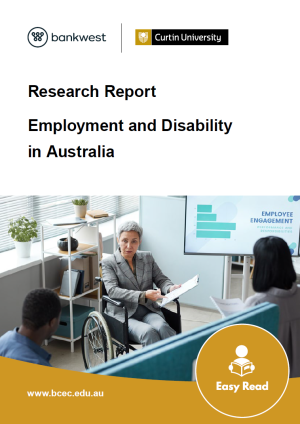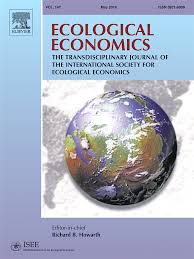Elephant poaching & ivory trafficking problems in Sub-Saharan Africa: An application of O’Hara’s principles of political economy
This paper examines the complex social problem of African elephant decimation using a political economy approach. This paper applies five principles of O’Hara’s political economy (POPE): historical specificity; circular and cumulative causation; uneven development; heterogeneous agents; and contradiction. POPE provides a practical tool for scrutinising the interdependent aspects of a problem. The culture of conspicuous consumption for ivory is a key historical driver of demand. Yet a core, integrated factor that helps explain the current crisis relates to the principle of uneven development. The role of uneven development can be indirect, through lack of human development causing high crime and corruption rates, weak policy frameworks and conflicts in land ownership. Further, heterogeneity of agents adds to the complexity of the networks engaged in the decimation of elephants. Linked to the poaching–trafficking circuit of heterogeneous agents, this paper identifies two specific elephant contradictions between the market forces of durable fixed capital and environment-elephant capital. This study contributes to the literature by analysing the interlinking, cumulative processes of elephant poaching and ivory trafficking networks, which previous studies in the economics literature tend to ignore.




